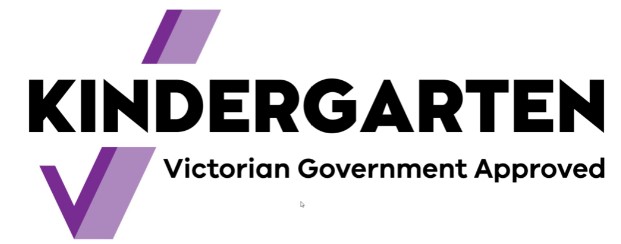The Role of Playing in Shaping Kids During Kindergarten
20 January 2020The advent of digitisation has influenced every aspect of the society – including kindergarten practices and learning methods. If children enrolled in a kindergarten before were used to playing and exploring, children these days are introduced to reading and writing, solving simple math and even answering basic standardised tests. However, many scholars have stated that playing has a role in shaping kids during kindergarten. Below are some of them.
Play as Children’s Version of Work
Play is the work of children, experts often say. Kindergarten has morphed from a time of play and discovery into the new first grade, where children read and write, do simple math, and even learn to take standardized tests. As such, more child development experts clamour to bring more play back into the day. Children experience authentic experiences with leadership, collaboration and deep problem solving through play.
Children Learn Best Through Play
So much of a child’s learning is constructed through play. According to experts, children will learn best through play because it allows them to apply everything they know and encourages them to ask questions and seek out new information and discovery.
Play is Vital in Child Development
The power of play as the engine of learning in early childhood and as a vital force for young children’s physical, social, and emotional development is beyond question, yet play is rapidly disappearing from kindergarten and early education as a whole. Every child deserves a chance to grow and learn in a play-based, experiential preschool and kindergarten setting.
Play Creates Happy and Responsible Children
Play creates instances based on real-life situations that can benefit the child if he knows how to respond to it. For example, you can incorporate play in fort-making with bed sheets, one for arts and crafts, and one where kids could run a pretend ice-cream shop. The pretend ice cream shop has a price list and pretend money. Educators help the children learn the concept of money, price and change – math. Aside from that, you can also utilise activities such as field trips, ballgames, and running, or assign certain days for songs and stations.
The choice is one of the most important ideas in play because students choose what they are curious about and create play based on what they want to know. One activity that was done in a certain kindergarten in Finland incorporated real activities while simultaneously making it fun and enjoyable. The students created a food shelf in the classroom, like a real food pantry for families and children in need, which they stocked twice a year with food items they brought from home. That food was then delivered to a local food pantry. It was fun and exciting, and there was authentic learning happening at the same time.
Play is indeed critical in your child’s development especially in kindergarten. For more information regarding its advantages, contact us at Gower Street Kindergarten. We promise to ensure the development of each child’s physical, emotional, social, and intellectual skills so that they can grow and explore their identity in a community that celebrates diversity.

